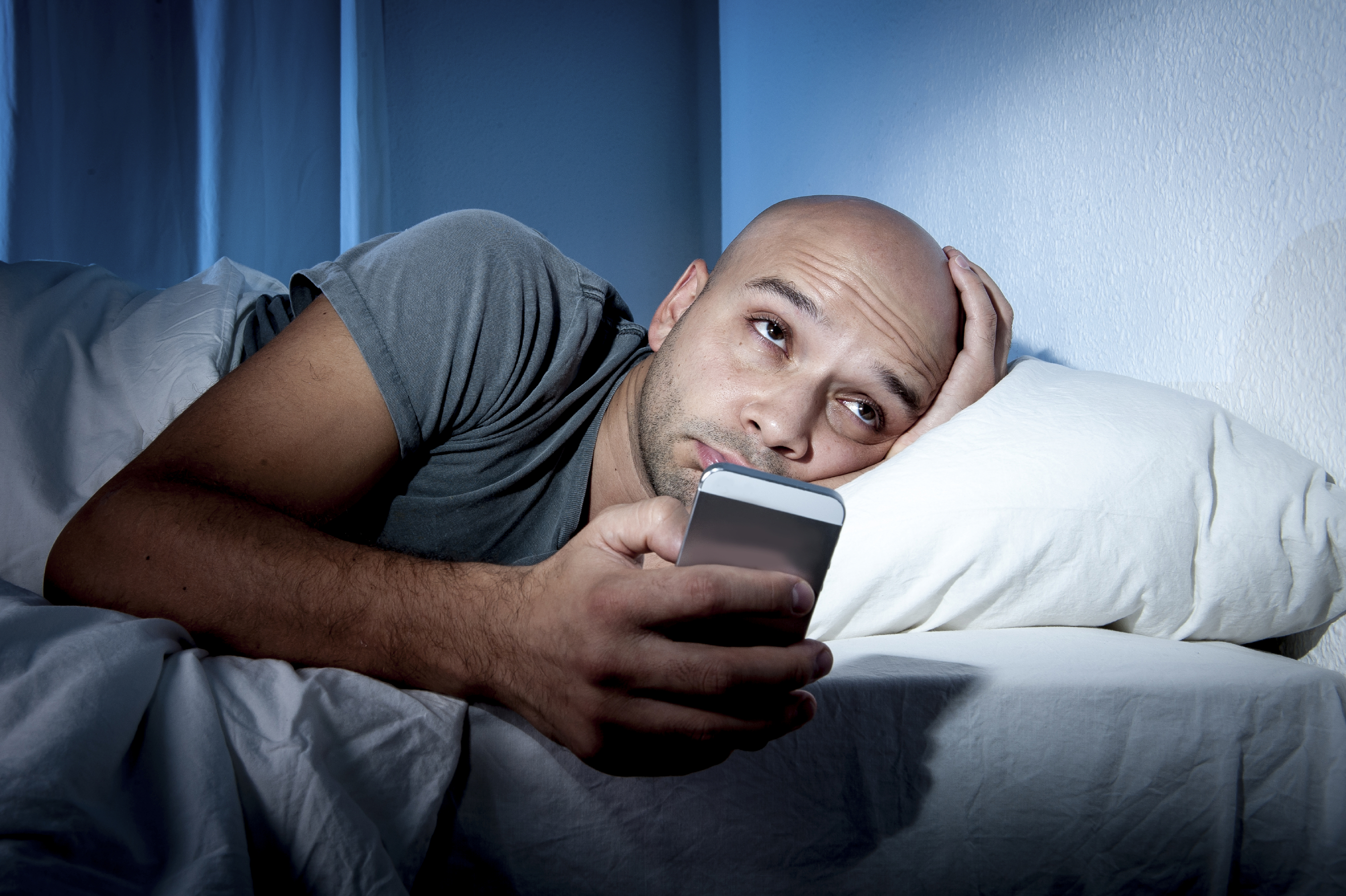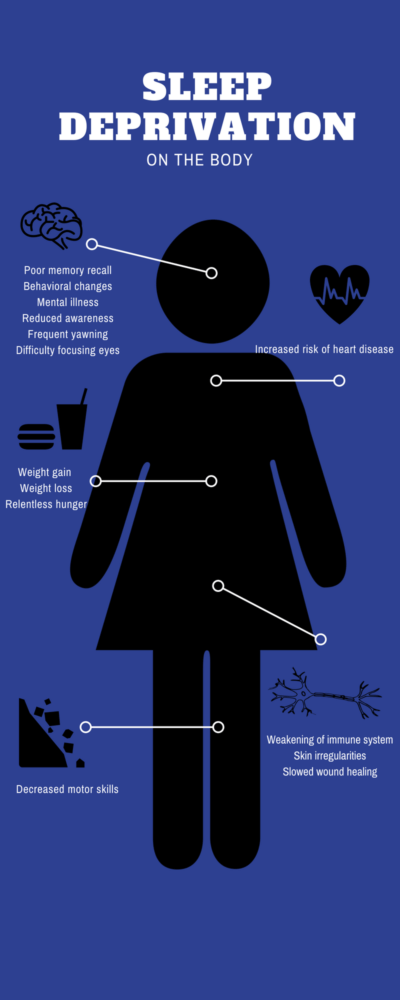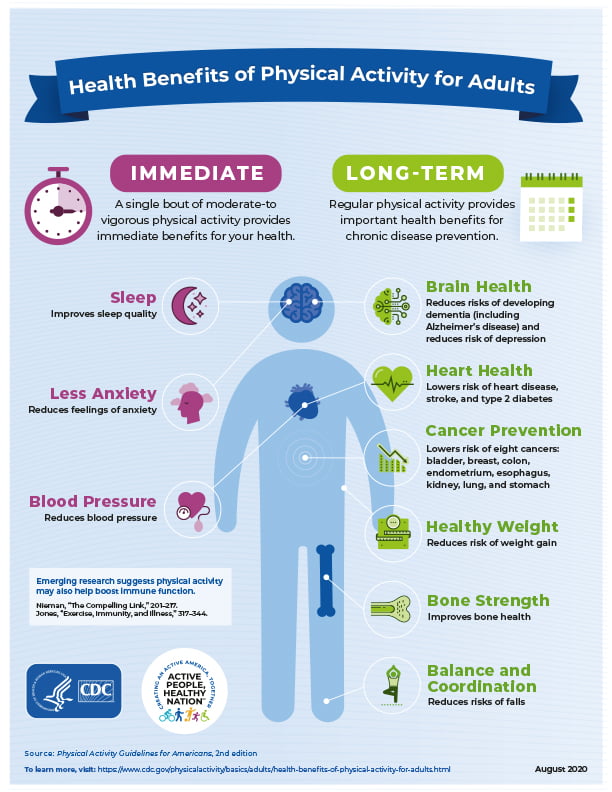Welcome to the digital age, where modern lifestyles have taken over our lives, affecting everything from the way we work to the way we sleep. In this fast-paced world, it’s no wonder that sleep has become a luxury for many. But have you ever stopped to think about how your modern lifestyle affects your sleep? Let’s dive into the fascinating world of sleep and explore the ways in which our modern habits can impact our precious shut-eye.
Sleep is a crucial aspect of our overall well-being, and it plays a vital role in maintaining our physical and mental health. However, the demands of our modern lifestyles often interfere with our ability to get the rest we need. From the constant stimulation of screens to the pressures of work and social obligations, it’s no wonder that sleep deprivation has become a widespread problem. But what exactly is it about our modern way of living that disrupts our sleep patterns? In this article, we’ll uncover the effects of technology, stress, and other factors on our sleep, and explore practical tips to help you reclaim your sleep and wake up refreshed and rejuvenated. So, let’s delve into this topic and discover how our modern lifestyle affects our precious sleep.

How Are Modern Lifestyle Affects Sleep?
Sleep is an essential aspect of our overall well-being, and it plays a crucial role in maintaining our physical and mental health. However, in today’s modern lifestyle, many factors can negatively impact our sleep patterns and quality. From the excessive use of electronic devices to high levels of stress and irregular sleep schedules, our daily routines can have a significant impact on our ability to get a good night’s sleep. In this article, we will explore how modern lifestyle choices affect our sleep and discuss some strategies to improve sleep quality.
The Impact of Electronics on Sleep
In today’s digital age, electronic devices such as smartphones, tablets, and laptops have become an integral part of our daily lives. However, the blue light emitted by these devices can disrupt our sleep patterns. The blue light suppresses the production of melatonin, a hormone that regulates sleep-wake cycles, making it harder for us to fall asleep. Additionally, the constant stimulation from social media and other online activities can keep our minds active and prevent us from winding down before bed.
Moreover, the use of electronic devices before bedtime can delay the release of melatonin, leading to difficulty falling asleep and potentially affecting the overall quality of our sleep. To mitigate the negative impact of electronics on sleep, it is recommended to limit screen time before bed and establish a relaxing bedtime routine that does not involve the use of electronic devices.
The Importance of Establishing a Consistent Sleep Schedule
Another aspect of modern lifestyle that can affect our sleep is irregular sleep schedules. Many people have demanding work schedules, social obligations, and other commitments that can disrupt their sleep patterns. When we constantly change our sleep schedule, our body’s internal clock, also known as the circadian rhythm, is thrown off balance. This can lead to difficulties falling asleep and waking up, as well as a feeling of grogginess throughout the day.
To improve sleep quality, it is important to establish a consistent sleep schedule. Going to bed and waking up at the same time every day, even on weekends, helps regulate our circadian rhythm and promotes better sleep. Creating a sleep-friendly environment, such as keeping the bedroom cool, dark, and quiet, can also contribute to a more restful night’s sleep.
The Role of Stress in Sleep Disturbances
Stress is a common aspect of modern life, and it can have a significant impact on our sleep. When we are stressed, our bodies produce higher levels of cortisol, a hormone that increases alertness and can make it difficult to fall asleep. Additionally, stress can lead to racing thoughts and anxiety, making it hard to relax and unwind before bed.
To manage stress and improve sleep, it is important to prioritize self-care and engage in activities that promote relaxation. This can include practicing mindfulness and meditation, engaging in physical exercise, and establishing a bedtime routine that incorporates stress-reducing activities such as reading or taking a warm bath. Creating a peaceful and calming environment in the bedroom can also help alleviate stress and promote better sleep.
The Impact of Diet and Exercise on Sleep
Our dietary choices and physical activity levels also play a role in our sleep patterns. Consuming large meals, particularly those high in fat and sugar, close to bedtime can lead to discomfort and indigestion, making it harder to fall asleep. Additionally, caffeine and alcohol can disrupt sleep quality and should be consumed in moderation, especially in the hours leading up to bedtime.
Regular exercise has been shown to improve sleep quality and reduce the time it takes to fall asleep. Engaging in physical activity during the day can help regulate our sleep-wake cycles and promote deeper and more restorative sleep. However, it is important to avoid intense exercise close to bedtime, as it can increase alertness and make it harder to wind down and relax.
In conclusion, our modern lifestyle choices can have a significant impact on our sleep. The excessive use of electronic devices, irregular sleep schedules, high levels of stress, and poor dietary and exercise habits can all disrupt our sleep patterns and affect the quality of our sleep. By implementing strategies such as limiting screen time before bed, establishing a consistent sleep schedule, managing stress, and adopting a healthy lifestyle, we can improve our sleep and enhance our overall well-being.
Key Takeaways
- Modern lifestyle factors, such as excessive screen time, irregular sleep schedules, and high stress levels, can negatively affect sleep.
- Using electronic devices before bed can disrupt the body’s natural sleep-wake cycle, making it harder to fall asleep.
- Having a consistent sleep schedule, even on weekends, can help regulate sleep patterns and improve overall sleep quality.
- Managing stress through relaxation techniques like deep breathing or meditation can promote better sleep.
- Avoiding caffeine and heavy meals close to bedtime can prevent sleep disturbances and promote a more restful night’s sleep.
Frequently Asked Questions
What are the common modern lifestyle factors that affect sleep?
Modern lifestyle can have a significant impact on sleep quality. Some common factors include:
1. Technology: The use of electronic devices before bed can disrupt the natural sleep-wake cycle due to the blue light emitted by screens.
2. Stress and work-life balance: The demands of modern life, such as work pressure and hectic schedules, can lead to stress and anxiety, making it difficult to fall asleep.
3. Irregular sleep patterns: Late nights and inconsistent sleep schedules can disrupt the body’s circadian rhythm, affecting the quality and duration of sleep.
4. Sedentary lifestyle: Lack of physical activity and prolonged sitting can contribute to sleep problems. Regular exercise can help improve sleep quality.
How does technology affect sleep?
Technology plays a significant role in modern lifestyles, but it can also negatively impact sleep. The blue light emitted by electronic devices, such as smartphones, tablets, and laptops, can suppress the production of melatonin, a hormone that regulates sleep. This can lead to difficulty falling asleep and disrupted sleep patterns.
Additionally, the constant use of technology before bed can stimulate the brain and make it harder to relax and unwind. The constant exposure to information and notifications can also increase stress and anxiety levels, further affecting sleep quality.
What are the effects of stress on sleep?
Stress can have a profound impact on sleep. When we are stressed, our bodies produce higher levels of cortisol, a stress hormone that can interfere with the natural sleep-wake cycle. This can lead to difficulty falling asleep, staying asleep, or experiencing restless sleep.
Stress can also result in racing thoughts and increased mental activity, making it challenging to relax and quiet the mind before bed. It is important to find healthy coping mechanisms for stress, such as practicing relaxation techniques or engaging in stress-reducing activities, to improve sleep quality.
How does an irregular sleep schedule affect sleep?
An irregular sleep schedule can disrupt the body’s circadian rhythm, which is the internal clock that regulates sleep-wake cycles. When we consistently go to bed and wake up at different times, our bodies struggle to establish a consistent sleep pattern.
This inconsistency can lead to difficulties falling asleep, staying asleep, and feeling refreshed upon waking. It can also contribute to daytime sleepiness and fatigue. Establishing a regular sleep schedule, even on weekends, can help improve sleep quality and overall well-being.
How can a sedentary lifestyle impact sleep?
A sedentary lifestyle, characterized by prolonged sitting and a lack of physical activity, can negatively affect sleep. Regular exercise has been shown to improve sleep quality and duration. It helps to regulate sleep patterns and promotes relaxation.
On the other hand, a sedentary lifestyle can lead to increased levels of stress and anxiety, which can interfere with sleep. Lack of physical activity can also result in conditions such as obesity and sleep apnea, which further disrupt sleep. Incorporating regular exercise into the daily routine can help promote better sleep.

Why Modern Life Needs Sleep by Headspace: Put Your Mind to Bed
Final Thoughts on How Modern Lifestyle Affects Sleep
In this fast-paced world, it’s no surprise that our modern lifestyle has a significant impact on our sleep patterns. From technology addiction to work stress, there are numerous factors that can disrupt our ability to get a good night’s rest. However, understanding these influences can help us make positive changes and prioritize our sleep for better overall well-being.
One of the key culprits affecting our sleep is our dependence on electronic devices. The blue light emitted by screens can suppress the production of melatonin, a hormone that regulates sleep. Additionally, the constant connectivity and notifications from our smartphones can keep our minds engaged and prevent us from winding down properly. To counteract this, it’s important to establish a nighttime routine that includes a digital detox at least an hour before bed. This will give our brains a chance to relax and prepare for sleep.
Another aspect of modern life that impacts our sleep is the prevalence of stress and anxiety. The demands of work, social obligations, and personal responsibilities can leave us feeling overwhelmed, making it difficult to switch off our minds when it’s time to sleep. Incorporating stress-reducing activities into our daily routines, such as meditation, deep breathing exercises, or engaging in a hobby we enjoy, can help alleviate some of the tension and promote a more peaceful sleep.
It’s clear that our modern lifestyle and sleep are intertwined. By recognizing the factors that disrupt our sleep and taking proactive steps to address





